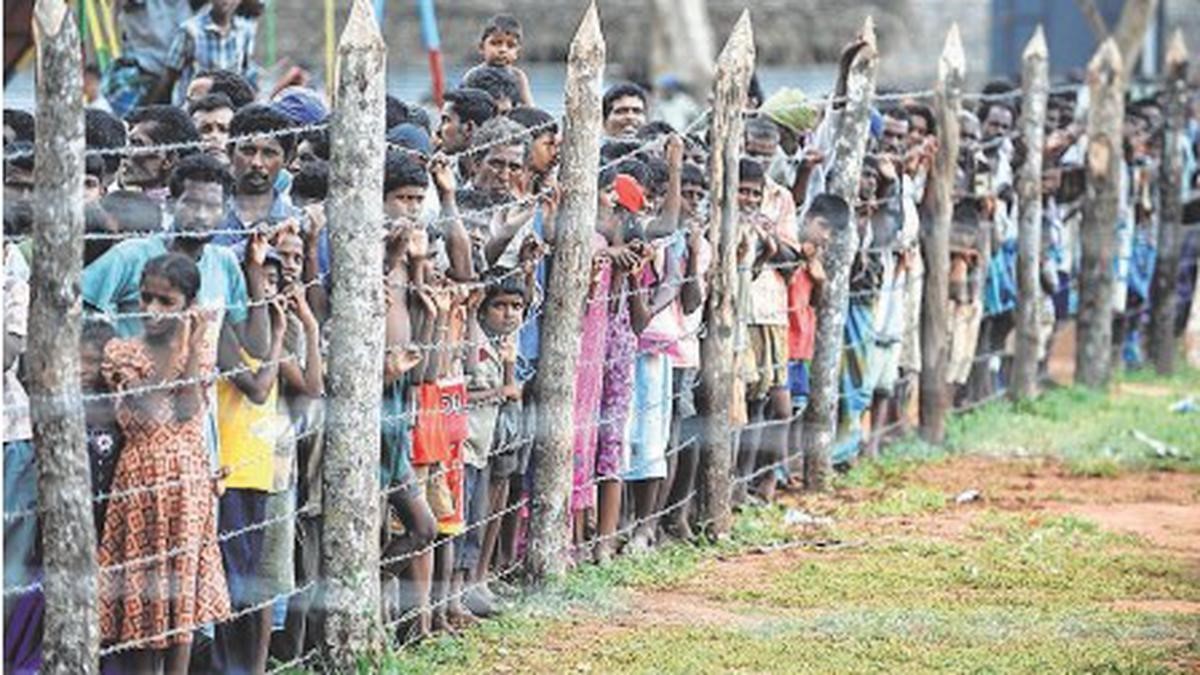Free Courses Sale ends Soon, Get It Now


Free Courses Sale ends Soon, Get It Now



Disclaimer: Copyright infringement not intended.
Context: External Affairs Minister S. Jaishankar, who was in Colombo, said he shared India’s “considered view” with President Ranil Wickremesinghe that the full implementation of the 13th Amendment was “critical” for power devolution.
Details:
Background:
Need:
Working:

Why is the 13th Amendment significant?
© 2024 iasgyan. All right reserved